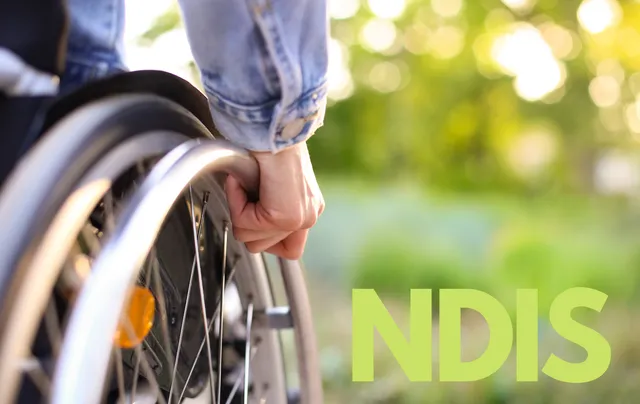
Should people suffering from mental illness be eligible for medically assisted death
The legalization of medically assisted death (MAID) in Canada in 2016 marked a significant shift in end-of-life care and ethical discourse. However, as Canada plans to expand MAID eligibility to include individuals suffering from mental illness by 2027, a myriad of ethical considerations emerge. This essay aims to explore the complexities surrounding this issue, weighing the principles of autonomy, beneficence, non-maleficence, and justice.
Autonomy and Informed Consent
Autonomy, the principle of self-determination, underscores the right of individuals to make decisions about their own lives. However, in the context of mental illness, the capacity for autonomous decision-making can be compromised. Mental disorders such as severe depression or psychosis can distort one’s judgment and impair decisional capacity. Thus, ensuring informed consent becomes challenging.
Critics argue that individuals with mental illness may not possess the rationality required for autonomous decision-making regarding MAID. Moreover, the fluctuating nature of mental illness raises concerns about the stability of preferences over time. Without adequate safeguards to assess capacity and ensure voluntariness, there is a risk of exploiting vulnerable individuals.
Conversely, proponents contend that with proper assessment protocols and safeguards, individuals with mental illness can exercise autonomy in end-of-life decisions. They argue that denying MAID based solely on mental illness perpetuates discrimination and undermines individuals’ right to self-determination. Moreover, withholding MAID may prolong suffering for those with debilitating psychiatric conditions, violating their autonomy.
Beneficence and Non-Maleficence
The principles of beneficence and non-maleficence obligate healthcare providers to act in the best interests of patients while avoiding harm. In the context of MAID for mental illness, determining what constitutes ‘best interests’ and ‘harm’ becomes complex. While proponents argue that MAID offers relief from unbearable suffering, opponents raise concerns about the potential harms and unintended consequences.
One concern is the possibility of misdiagnosis or underestimation of treatable psychiatric conditions. Mental illness is often stigmatized, leading to inadequate access to mental healthcare. Offering MAID as a solution without exhausting all treatment options may undermine efforts to provide comprehensive psychiatric care. Additionally, there is the risk of normalizing suicide as a response to suffering, particularly among vulnerable populations.
Furthermore, there are concerns about the impact on healthcare professionals tasked with providing MAID to individuals with mental illness. Moral distress and conflicts of conscience may arise, especially among those who view mental illness as a treatable condition rather than a terminal illness. Balancing the duty to relieve suffering with the ethical responsibility to do no harm poses significant challenges for healthcare providers.
Justice and Equity
The principle of justice requires fair distribution of resources and equal access to healthcare services. Concerns arise regarding the equitable provision of MAID for individuals with mental illness, particularly in marginalized communities. Socioeconomic disparities, limited access to mental healthcare, and systemic barriers may disproportionately affect certain groups’ ability to exercise their right to MAID.
Moreover, questions of fairness emerge concerning the allocation of healthcare resources. In a healthcare system with finite resources, prioritizing MAID for mental illness over other interventions raises ethical dilemmas. Critics argue that resources should be directed towards improving mental healthcare infrastructure and access rather than facilitating end-of-life options.
However, proponents argue that denying MAID to individuals with mental illness perpetuates injustice by depriving them of a choice available to those with physical ailments. They advocate for a more inclusive approach to end-of-life care that recognizes the unique needs and suffering experienced by individuals with severe mental illness.
Conclusion
The proposed expansion of MAID eligibility to include individuals with mental illness in Canada by 2027 sparks contentious ethical debates. Balancing the principles of autonomy, beneficence, non-maleficence, and justice poses significant challenges for policymakers, healthcare providers, and society as a whole. While proponents argue for the right to self-determination and relief from unbearable suffering, opponents raise concerns about safeguards, unintended consequences, and equity in access to healthcare. Moving forward, a nuanced approach that prioritizes comprehensive psychiatric care, safeguards against abuse, and equitable access to end-of-life options is essential to navigate the complexities of MAID for mental illness. Only through careful consideration and dialogue can Canada ensure a just and ethical framework for end-of-life decision-making that respects the dignity and autonomy of all individuals, regardless of their mental health status.

